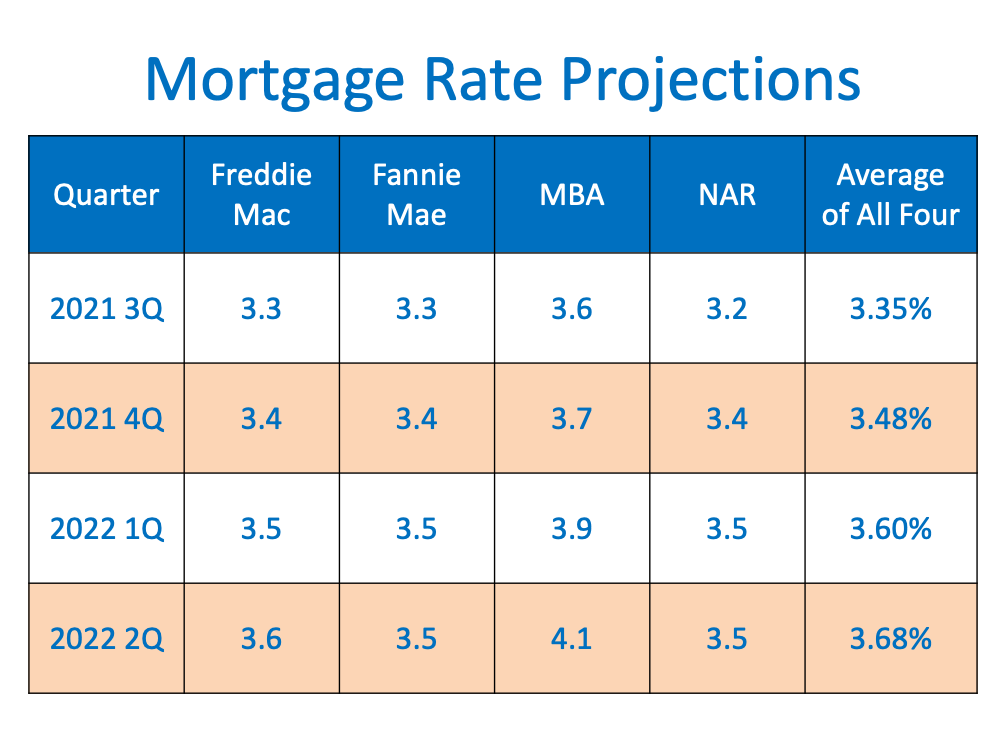
Many people are sitting on the fence trying to decide if now’s the time to buy a home. Some are renters who have a strong desire to become homeowners but are unsure if buying right now makes sense. Others may be homeowners who are realizing that their current home no longer fits their changing needs.
To determine if they should buy now or wait another year, they both need to ask two simple questions:
- Do I think home values will be higher a year from now?
- Do I think mortgage rates will be higher a year from now?
Let’s shed some light on the answers to these questions.
Where will home prices be a year from now?
If you average the most recent projections from the major industry forecasters, the expectation is home prices will increase by 7.7%. Let’s take a house that’s valued today at $325,000 as an example.
If the buyer makes a 10% down payment ($32,500), they’ll end up borrowing $292,500 for their mortgage. Applying the projected rate of home price appreciation, that same house will cost $350,025 next year. With a 10% down payment ($35,003), they’d then have to borrow $315,022.
Therefore, as a result of rising home prices alone, a prospective buyer will have to put down an additional $2,503 and borrow an additional $22,523 just for waiting a year to make their move.
Where will mortgage rates be a year from now?
Today, mortgage rates are hovering around 3%. However, most experts believe they’ll rise as the economy continues to recover. Any increase in the mortgage rate will also increase a purchaser’s cost. Here are the forecasts for the first quarter of 2022 from four major entities:
The projections average out to 3.6% among these four forecasts, a jump up from where they are today.
What does it mean to you if home values and mortgage rates increase?
A buyer will pay a lot more in mortgage payments each month if both of these variables increase. Assuming a buyer purchases a $325,000 home this year with a 30-year fixed-rate loan at 3% after making a 10% down payment, their monthly principal and interest payment would be $1,233.
That same home one year from now could be $350,025, and the mortgage rate could be 3.6% (based on the industry forecasts mentioned above). That monthly principal and interest payment, after putting down 10%, totals $1,432.
The difference in the monthly mortgage payment would be $199. That’s $2,388 more per year and $71,640 over the life of the loan.
Add to that the approximately $25,000 a house with a similar value would build in home equity this year as a result of home price appreciation, and the total net worth increase a purchaser could gain by buying this year is nearly $100,000. That’s a small fortune.
Bottom Line
When asking if they should buy a home, many potential buyers think of the nonfinancial benefits of owning a home. When asking when to buy, the financial benefits make it clear that doing so now is much more advantageous than waiting until next year.
![Options for First-Time Homebuyers [INFOGRAPHIC] | Simplifying The Market](https://eringarnerlv.com/wp-content/uploads/2021/08/20210820-KCM-Share-549x300-1.png)

![Options for First-Time Homebuyers [INFOGRAPHIC] | Simplifying The Market](https://eringarnerlv.com/wp-content/uploads/2021/08/20210820-MEM.png)

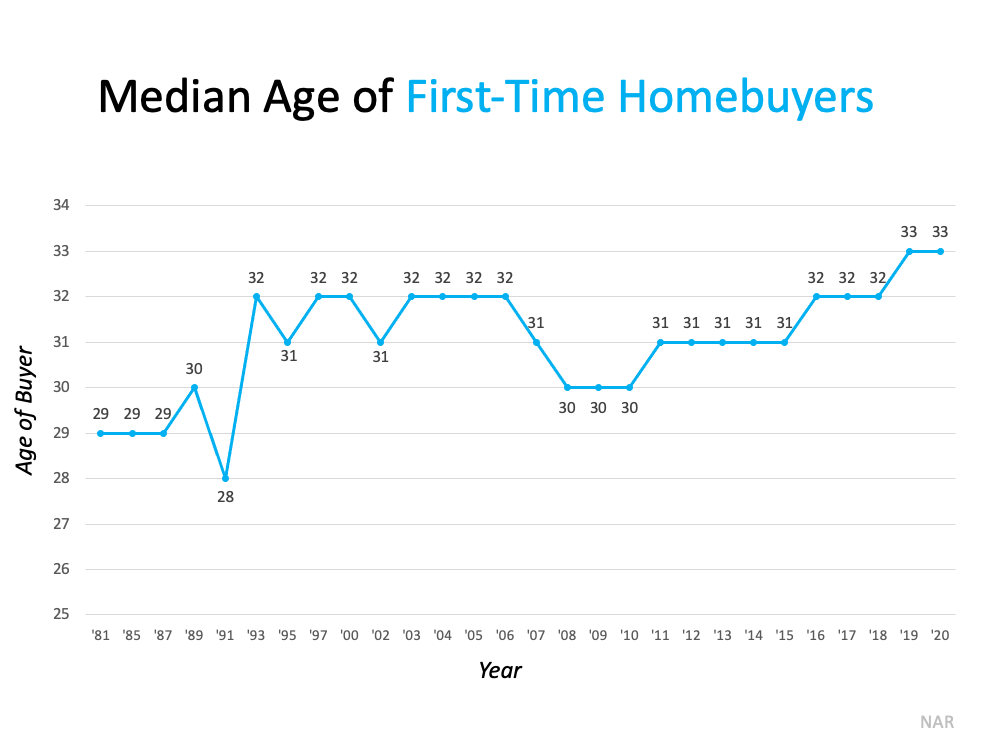
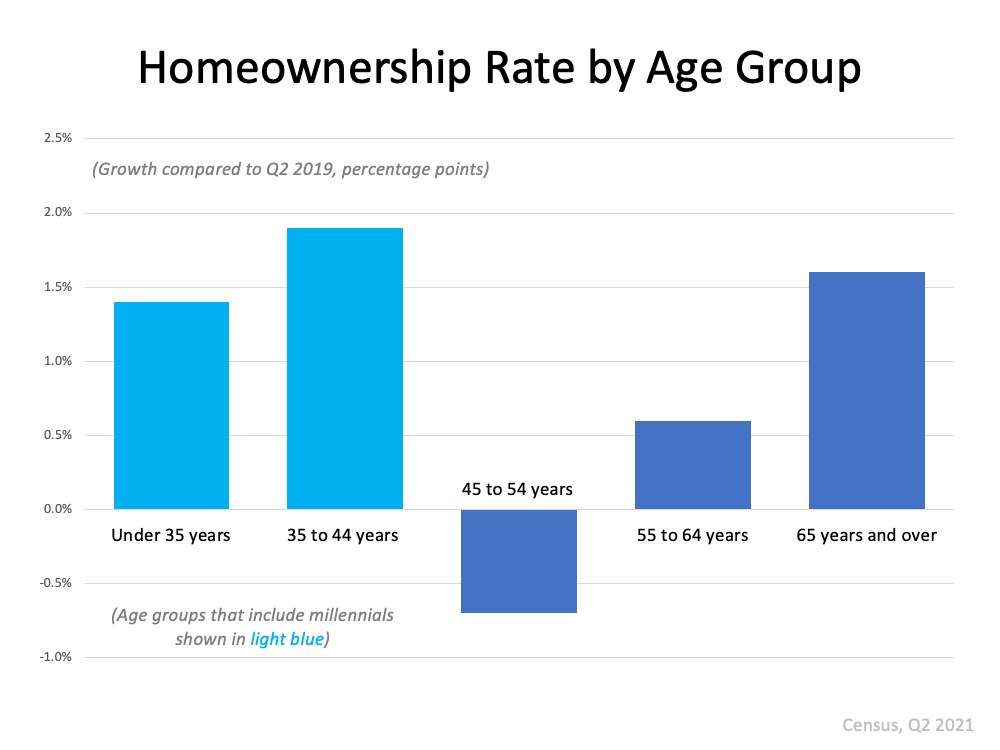
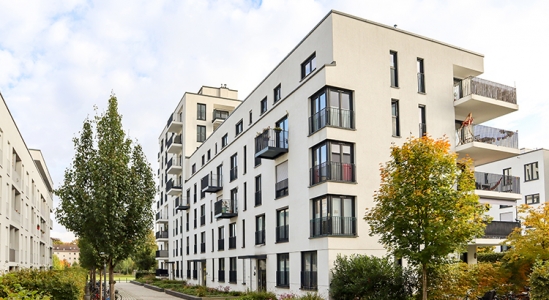
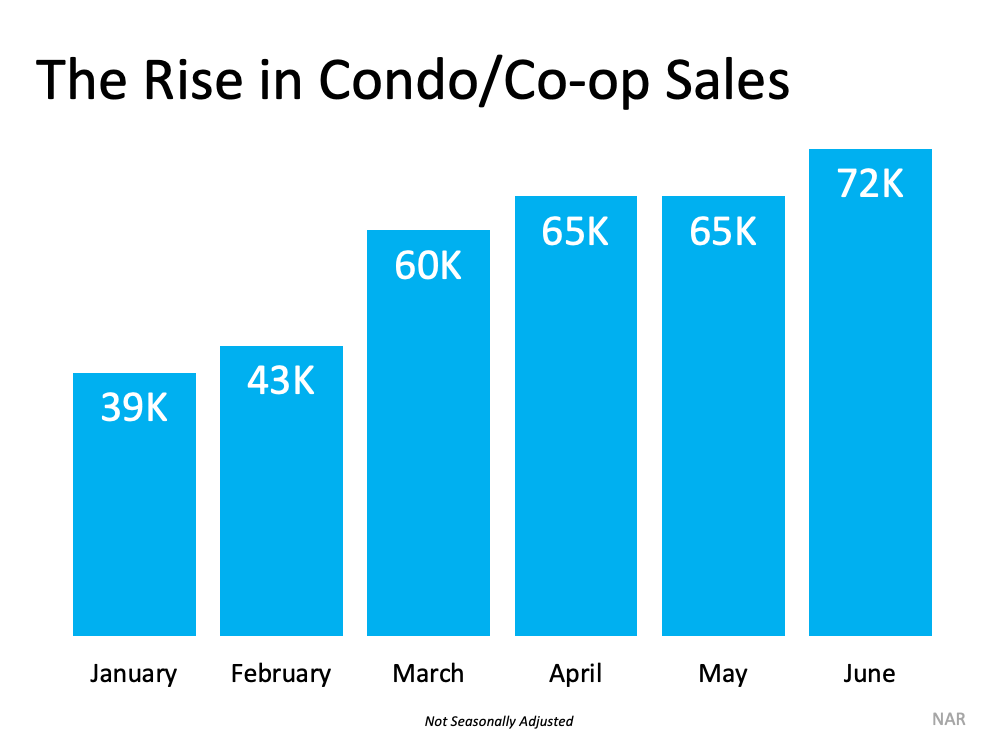
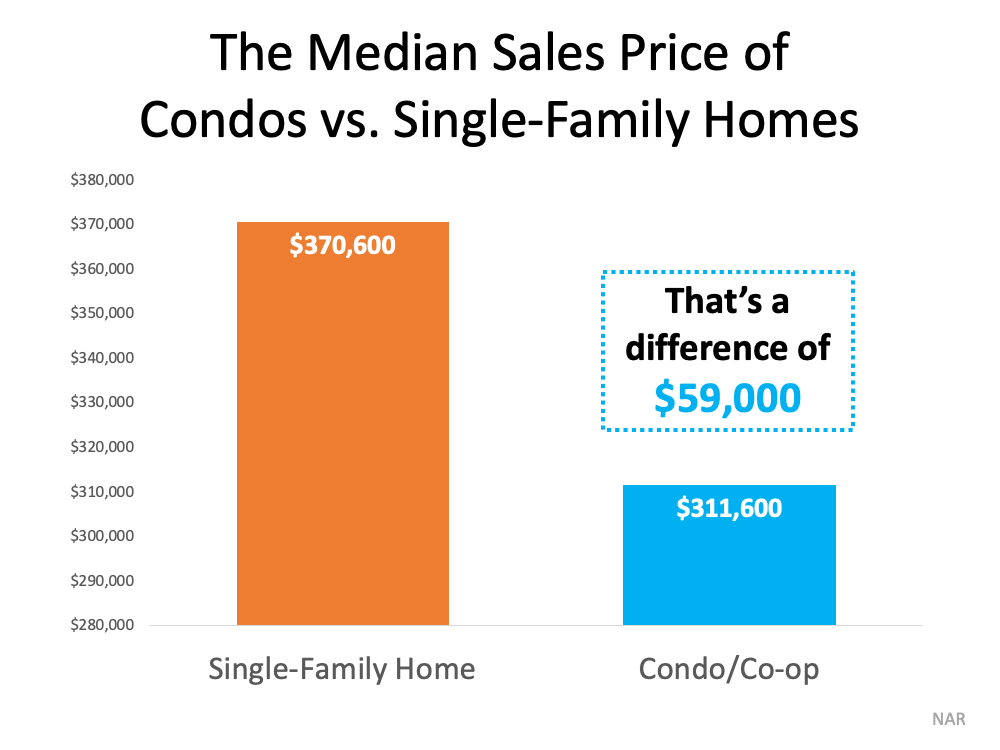

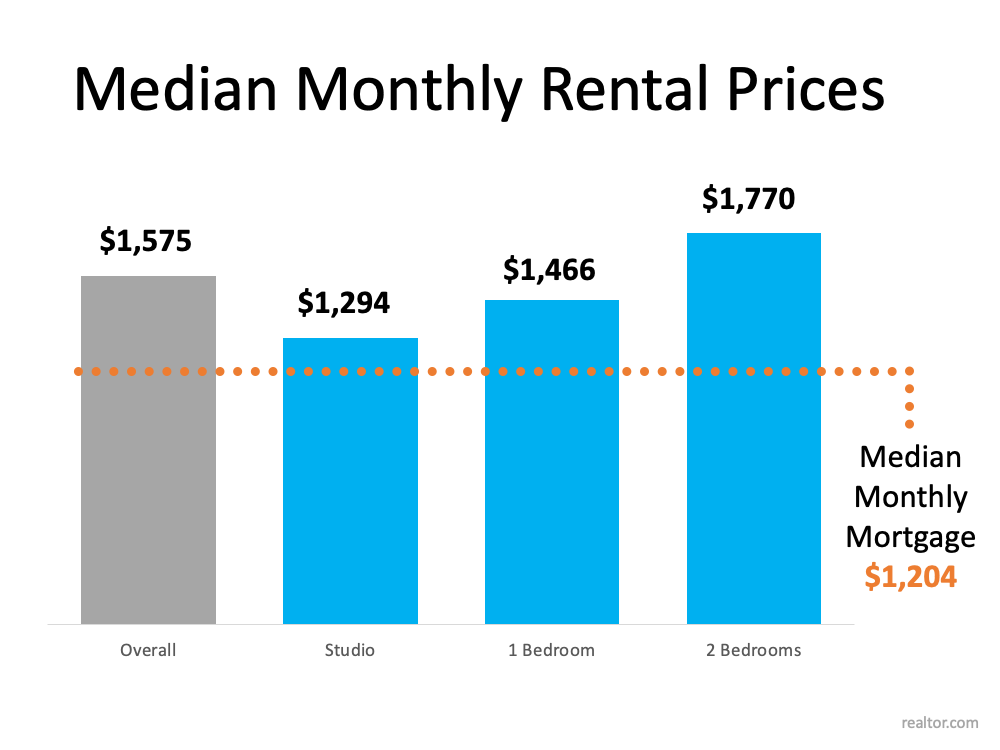
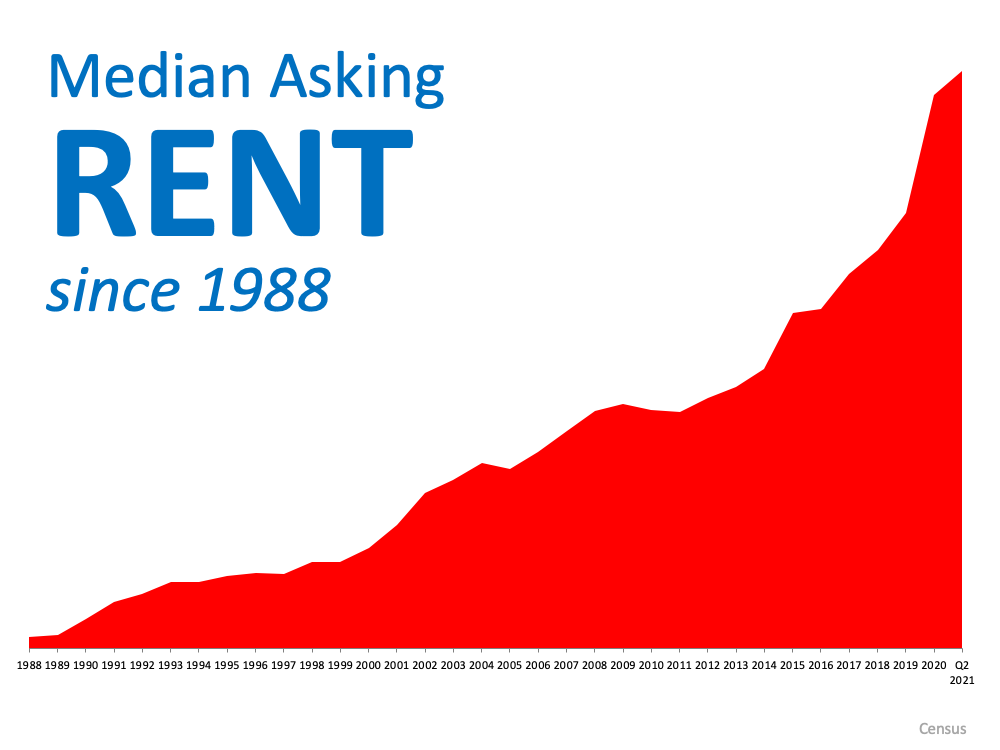

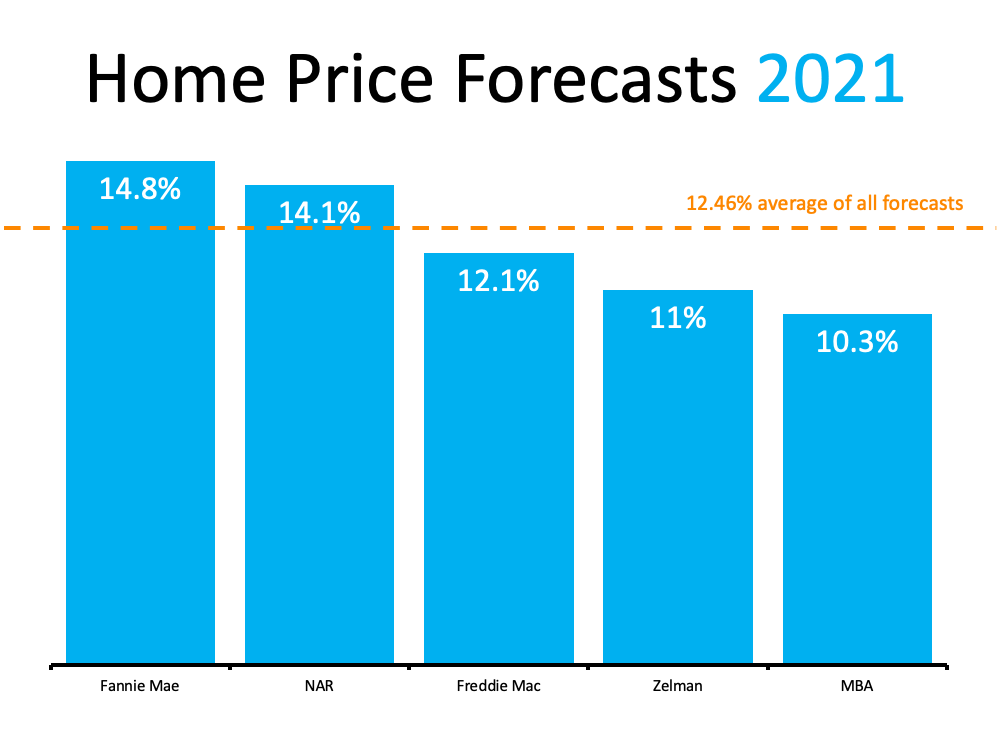
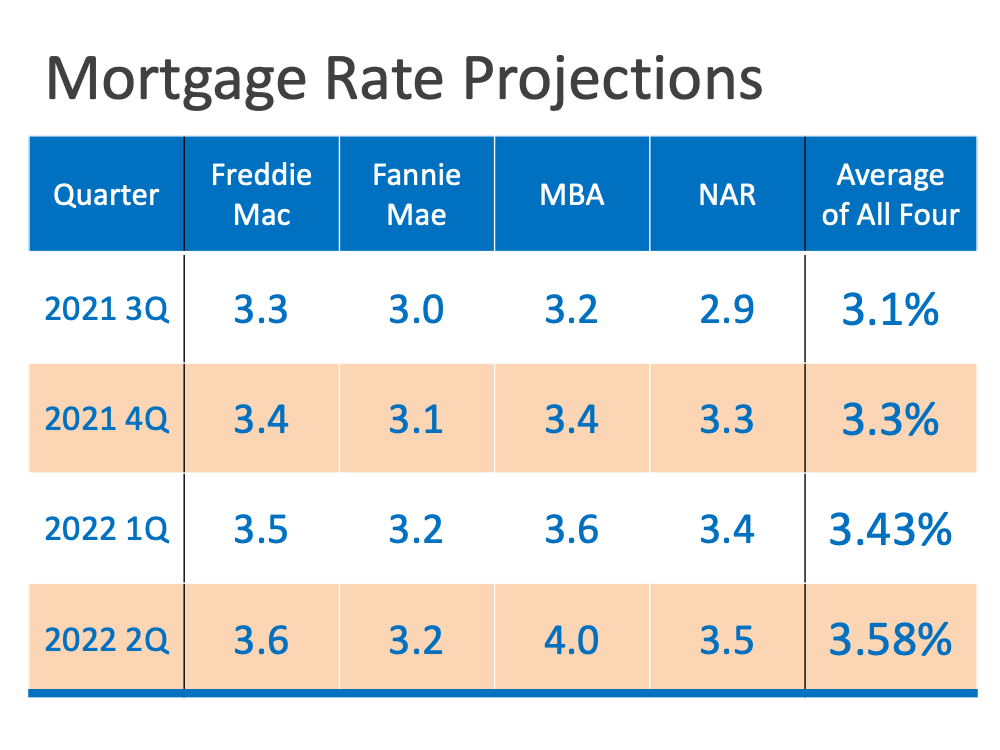
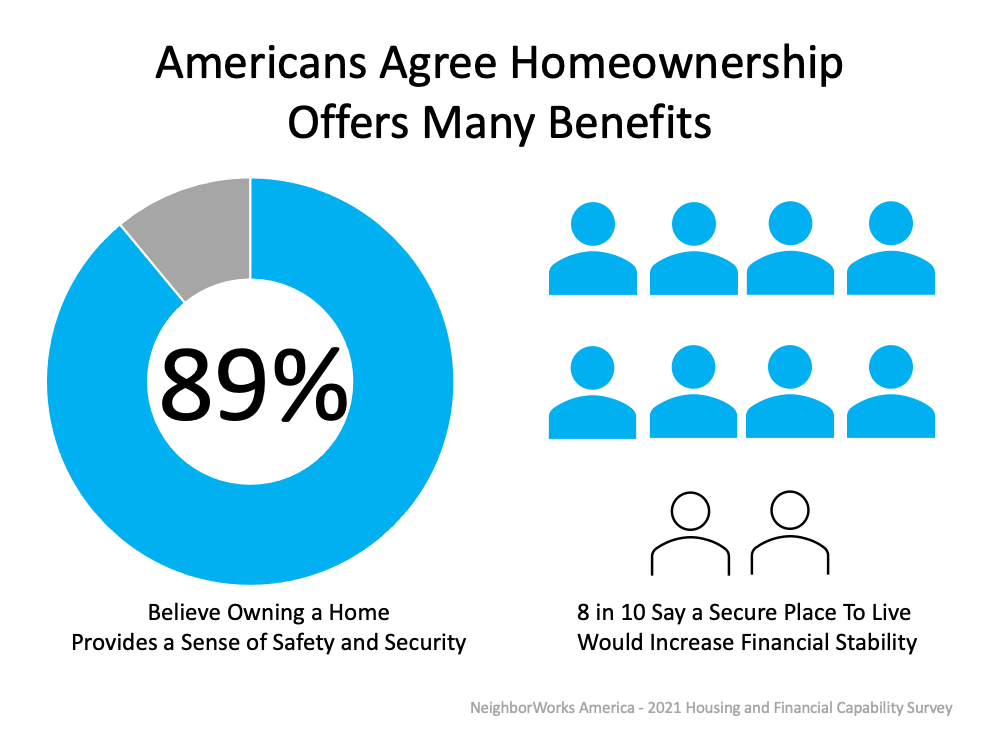
![Waiting To Buy a Home Could Cost You [INFOGRAPHIC] | Simplifying The Market](https://eringarnerlv.com/wp-content/uploads/2021/08/20210730-KCM-Share-549x300-1.png)
![Waiting To Buy a Home Could Cost You [INFOGRAPHIC] | Simplifying The Market](https://eringarnerlv.com/wp-content/uploads/2021/08/20210723-MEM-1.png)
![The Power of Mortgage Pre-Approval [INFOGRAPHIC] | Simplifying The Market](https://eringarnerlv.com/wp-content/uploads/2021/05/20210507-KCM-Share-549x300-1.png)
![The Power of Mortgage Pre-Approval [INFOGRAPHIC] | Simplifying The Market](https://eringarnerlv.com/wp-content/uploads/2021/05/20210507-MEM.png)


